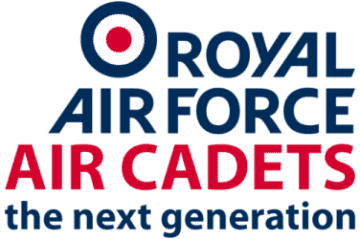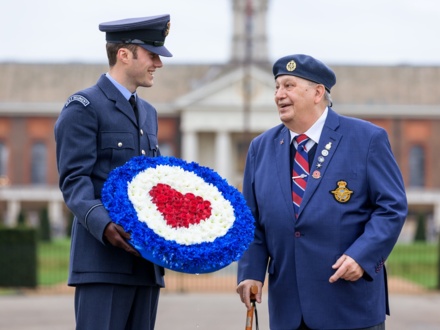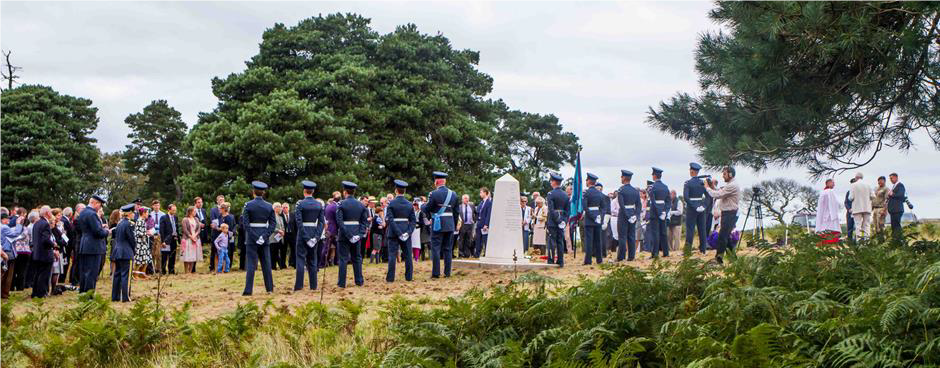
The fatal crash that led to a legacy improving the safety of RAF Pilots today.
Sergeant Louis Grimble Groves flew during the Second World War with Coastal Command 517 Squadron. They operated Handley Page Halifax aircraft from RAF Brawdy, Wales; originally an RAF Station home to Meteorological Squadrons, before it transferred as a Royal Naval Air Station in 1946.
However, on the 10th September 1945, Louis met a dense fog that severely reduced his visibility, forcing him to divert to Weston Zoyland airfield. The crew lost communication with the air-traffic controllers and there were soon reports of a burning plane in the Quantock Hills, Somerset.
Louis’ aircraft had crashed due to bad weather and poor aviation safety. All nine onboard perished.
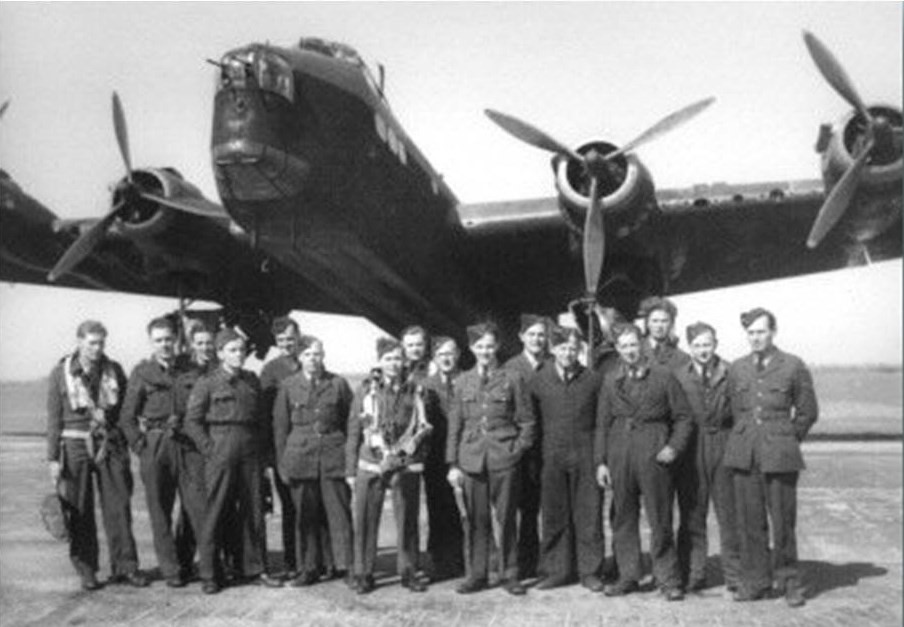
In 2021, a Service unveiling a Memorial at the crash site was held to commemorate the 75th anniversary of the crash.
- Pilot Officer Keith Gordon Proverbs, aged 27
- Flying Officer John Joseph Fredrick Hobden, aged 21
- Flying Officer Lindsay George McMillan, aged 23
- Flying Officer Patrick Alfred Bee, aged 25
- Warrant Officer Roy Donald Cartwright
- Flying Sergeant Robert William Vinton aged 21
- Flying Sergeant Dennis Norman Everett aged 25
- Sergeant Louis Grimble Groves, aged 24
- Sergeant John Macilrik Bryce Gordon, aged 21
Louis’ uncle, Robert Marsland Groves, was the first appointed Deputy Chief of Air Staff. However, he too died in a plane crash, when his Bristol Fighter stalled mid-flight over Egypt in 1920.
These tragic losses spurred Louis’ parents, Keith and Dorothy Groves, to establish the LG Groves Awards in 1946; preserving the memory of their family and helping advance air safety. They have also given substantial funding for the awards and donations.
Each year four remarkable individuals are recognised; with two Groves Memorial Prizes meriting the most important contribution to Air or Ground Safety improvements for personnel, aircraft, or equipment and survival rate. The other two awards merit the most important contribution to the science, application and research of meteorology, and its observation whilst on flying duties or service at sea.
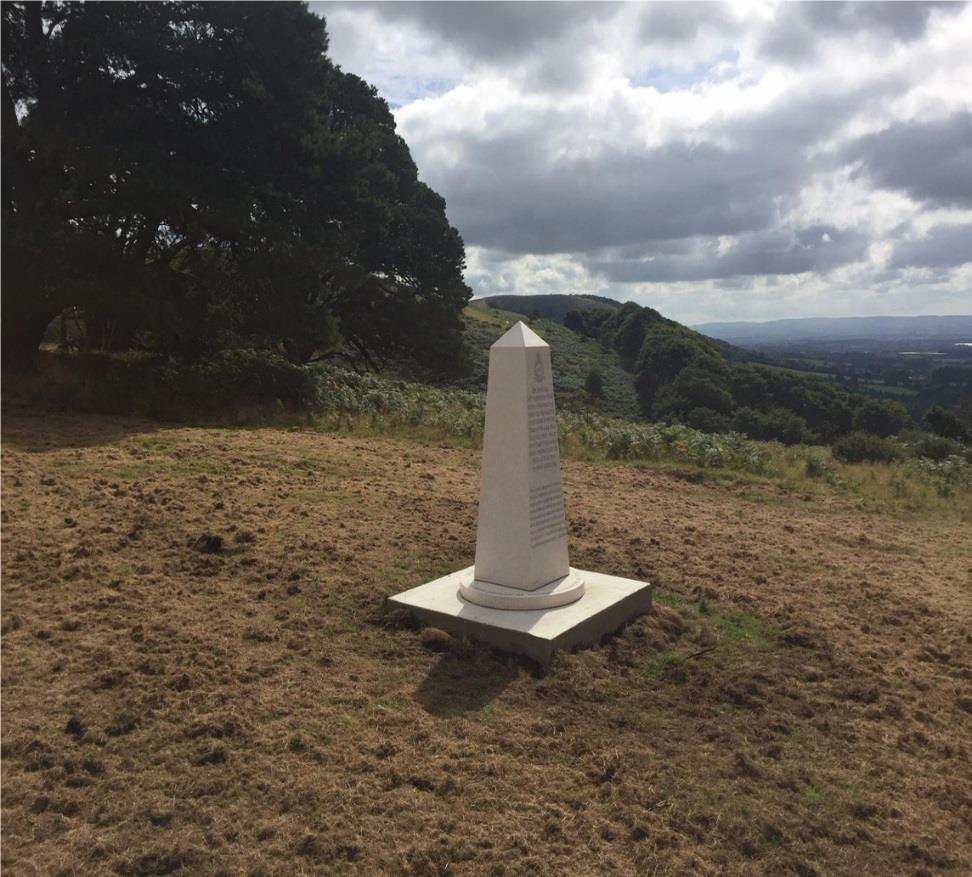
Air safety and weather forecasting is important to aviation. From the MET Office in Exeter, Scientists forecast the weather using pressure and wind speed readings from satellites and weather stations. This information is then processed by computers to predict upcoming changes in the weather.
Now, the RAF will not fly aircraft when a large storm is predicted, as it is too dangerous. But during World War II, technology and aircraft were less advanced and there were no meteorological structures to collect the data. RAF Pilots had to fly into often treacherous circumstances to gather information, regardless of the weather.
Thanks to the Groves family, over 300 individual prize winners have been awarded for their work to improve aviation safety, creating an invaluable legacy for future generations to operate more safely. Major Keith Grimble received an OBE for his work in 1965, before he passed away in 1979 and his wife the following year. Now his great nephew, Anthony Grimble Groves, has taken over as President of the LG Groves Awards.
More can be read about the LG Groves Awards here.

